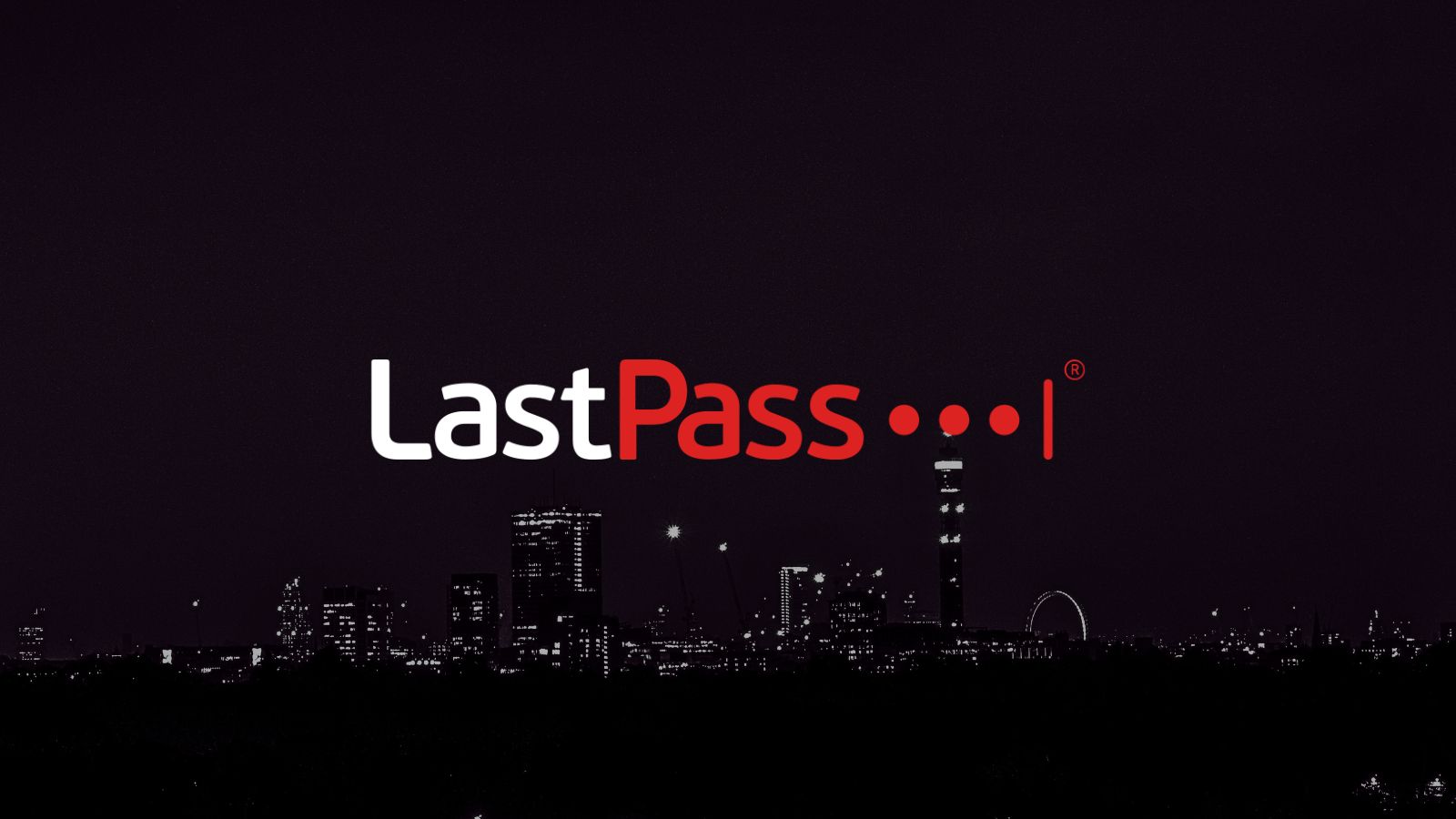
Singapore Orders Meta to Implement Facebook Anti-Scam Measures Under New Criminal Harms Act
- Meta order: Singapore ordered Meta to up its anti-scam prevention measures on Facebook or face penalties.
- Facebook scams: Local authorities said Facebook is the primary platform utilized for government impersonation schemes.
- Potential sanctions: Fines of up to approximately $775,000 may be imposed for non-compliance with the Online Criminal Harms Act.
The Singapore Police Force has formally ordered Meta to implement mandatory anti-scam measures targeting fraudulent advertisements, accounts, profiles, and business pages that impersonate key government officials on Facebook, marking the inaugural enforcement action under the country's Online Criminal Harms Act implemented in February 2024.
Regulatory Framework and Enforcement Authority
Minister of State for Home Affairs Goh Pei Ming announced the enforcement action on Wednesday, citing Facebook's position as the primary platform utilized by cybercriminals for government impersonation schemes.
"We are issuing (the order) to Meta because Facebook is the top platform used by scammers for such impersonation scams, and the police have assessed that more decisive action is required to curb these scams," Goh stated during the parliamentary address cited by Reuters.
The Online Criminal Harms Act empowers Singapore authorities to impose fines up to S$1 million (approximately $775,000) for non-compliance with anti-scam directives.
A Meta spokesperson said that the company had “specialised systems to detect impersonating accounts,” including facial recognition technology, according to Reuters, adding that Facebook’s parent company had also improved detection and review.
Escalating Fraud Statistics and Platform Vulnerabilities
Singapore's Ministry of Home Affairs documented that Facebook Marketplace scams comprised over one-third of all reported e-commerce fraud incidents in 2024. Government assessments ranked Facebook Marketplace as the weakest among six evaluated e-commerce platforms regarding deployed anti-scam security features.
Police intelligence data revealed dramatic increases in government official impersonation fraud, with incidents nearly tripling to 1,762 cases during the first half of 2025, compared to 589 cases in the corresponding 2024 period.
Financial losses from these schemes reached S$126.5 million, representing an 88% increase from the previous year's S$67.2 million.
Platform Response and Historical Context
Meta has not provided immediate commentary regarding the regulatory directive. The company previously implemented enhanced user verification protocols for select Singapore-based Facebook Marketplace sellers in 2024.
The enforcement action may establish Singapore as a leading jurisdiction in platform accountability for cybercrime prevention, potentially influencing global regulatory approaches to social media fraud mitigation.
In May, UNC6032 was seen pushing fake ‘AI Video Generator’ ads on Facebook and LinkedIn to spread infostealers and backdoors. Previous scams leveraged Facebook Ads to steal personal and financial user data.








